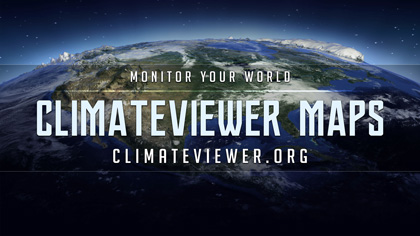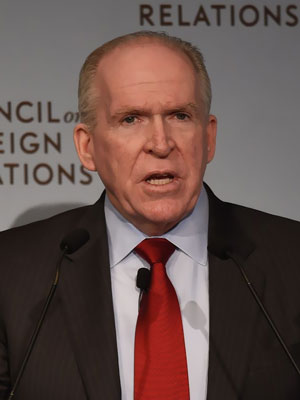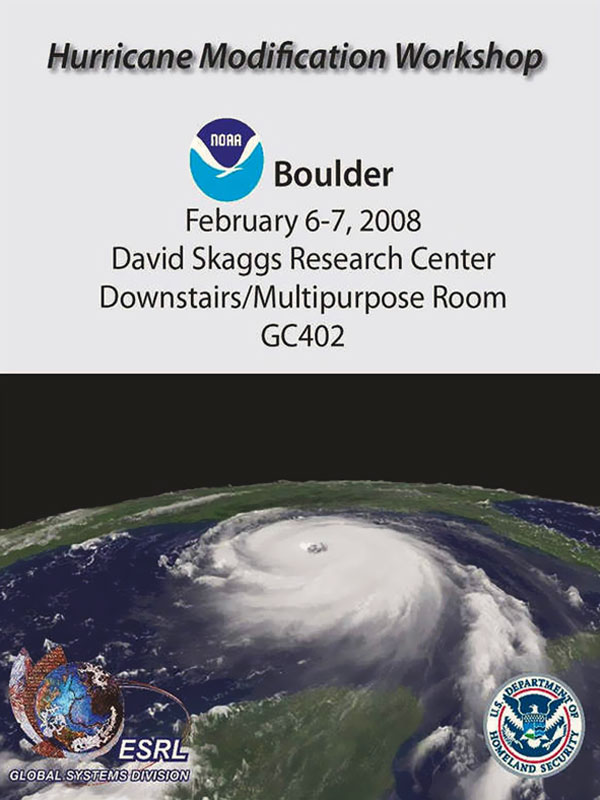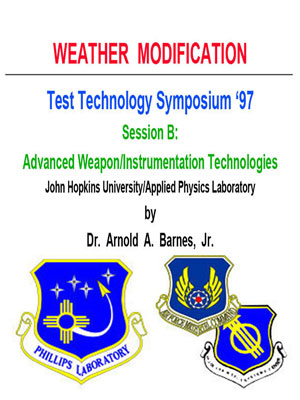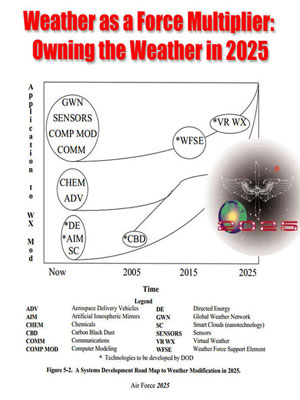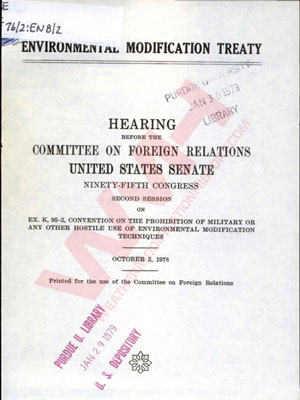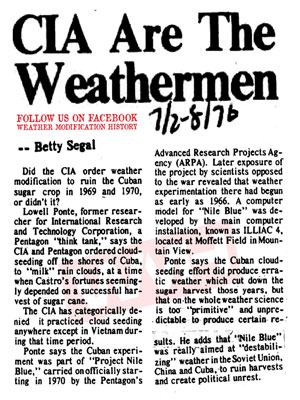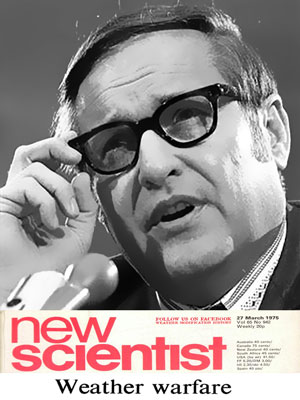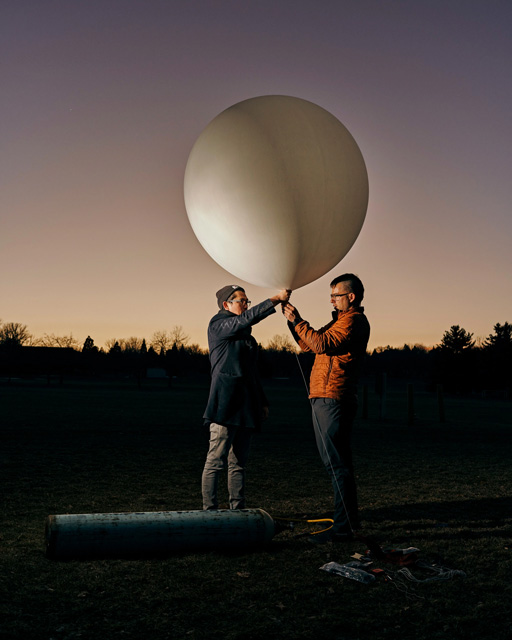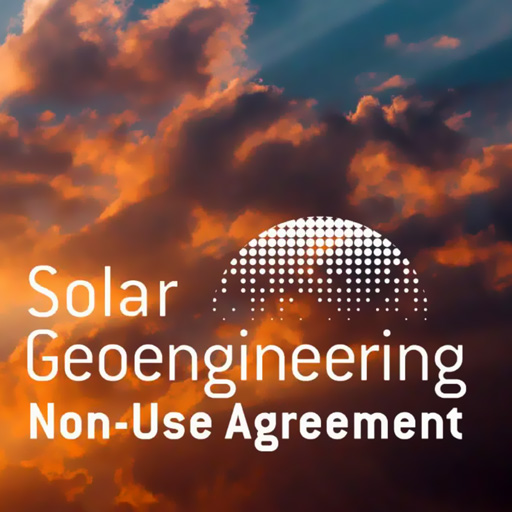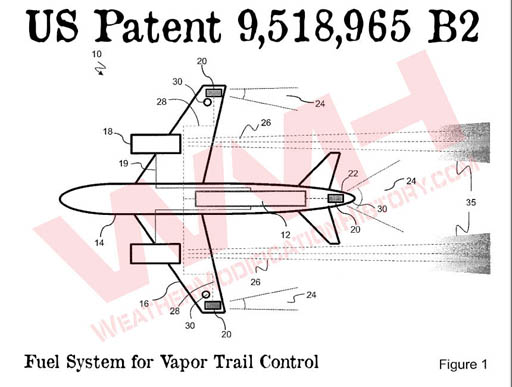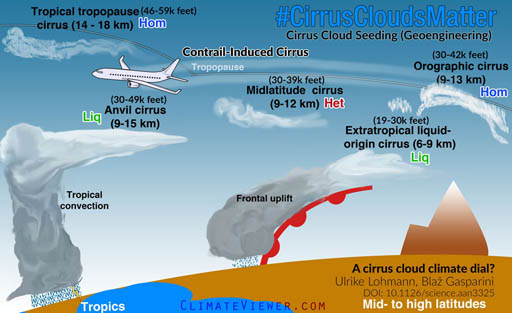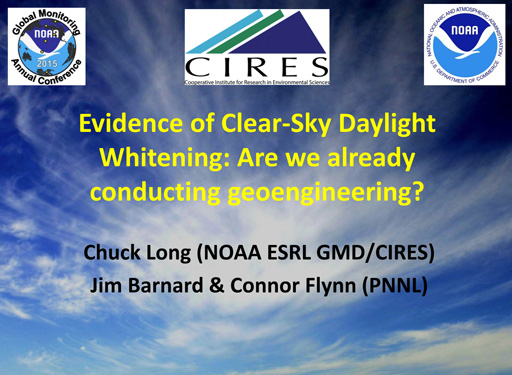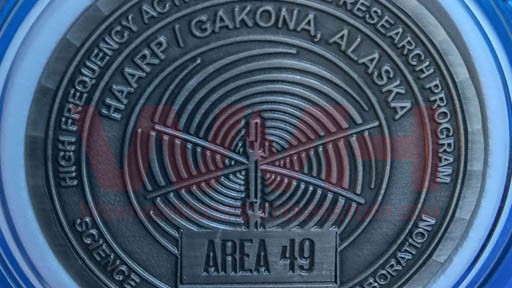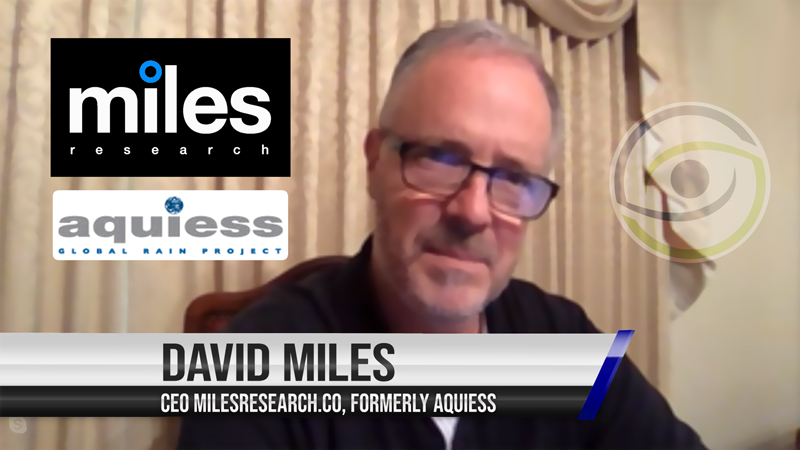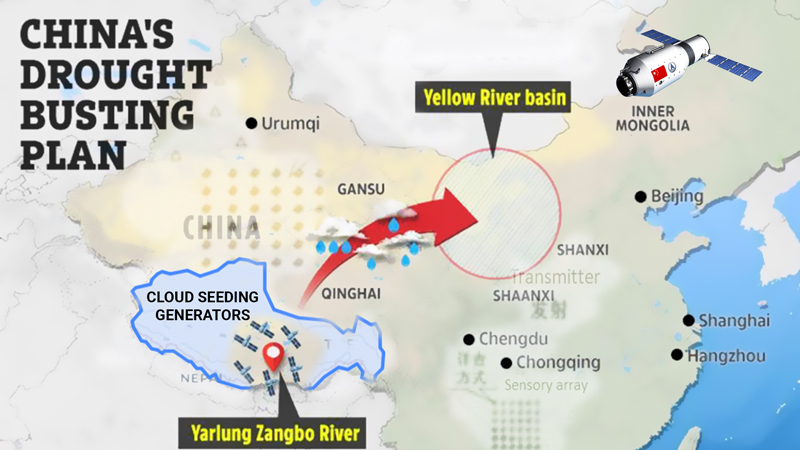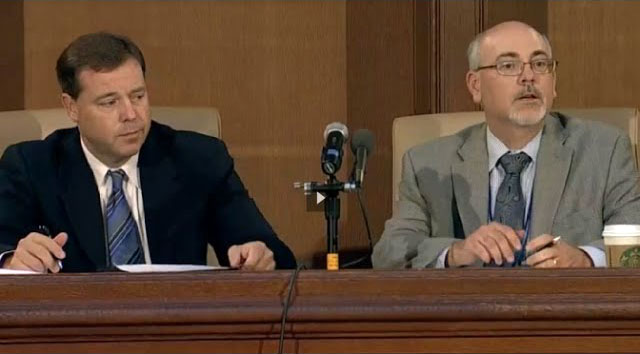VIDEO REFERENCES
New ClimateViewer 3D!
NASA Warns Hurricane Forecasts May Revert To 1970 Accuracy Due To 5G Conflict
The Federal Communications Commission intends to move ahead with a plan to auction off wireless radio frequencies that scientists say could harm critical satellite data used in weather forecasting.
In a last-ditch effort to intervene, three subcommittee chairs from the House Appropriations Committee, and the House Science Committee, chaired by Rep. Eddie Bernice Johnson (D-Tex.) penned separate letters Wednesday to FCC Chairman Ajit Pai, asking that the auction be delayed.
The Appropriations Committee letter had stressed that a delay “is necessary to allow for further review of potential interference to adjacent band uses that are critical for national security as well as the protection of American lives and property.”
It explained that the NOAA “uses the 23.6-24 GHz spectrum band for microwave sensor-based remote sensing of atmospheric levels of water vapor, which is the single most impactful data stream for accurately forecasting weather. This data is used by NOAA’s National Weather Service, the National Aeronautics and Space Administration (NASA), and the Department of Defense (DOD), in addition to the broader international weather community.”
Without this data, the letter said, forecasting accuracy “would be reduced to the accuracy of forecasts produced in the 1970s.”
Irvine, Peter, et al. “Halving warming with idealized solar geoengineering moderates key climate hazards.” Nature Climate Change (2019): 1. - March 11, 2019
https://www.nature.com/articles/s41558-019-0398-8
Finding the right “dose” for solar geoengineering - March 11, 2019
Solar geoengineering could halve global temperature increases without making climate change worse, research shows
https://www.seas.harvard.edu/news/2019/03/finding-right-dose-for-solar-geoengineering
Radical plan to artificially cool Earth’s climate could be safe, study finds - March 11, 2019
Experts worry that injecting sulphur dioxide into the atmosphere could put some regions at risk
https://www.theguardian.com/environment/2019/mar/11/solar-geoengineering-climate-change-new-study
The Very Optimistic New Argument for Dimming the Sky - March 11, 2019
Geo-engineering won’t hurt a bit, at least compared with climate change—and it deserves serious investigation, according to the authors of a recent study.
Scientists: Maybe If We Only Dim the Sun a Little It Won’t Backfire Horribly - March 11, 2019
Which is what makes a new paper released on Monday in Nature Climate Change so alluring. It shows that undertaking half measures to block the sun could end up providing the benefit of a cooler planet without many of the adverse impacts on other parts of the climate system. The results suggest there could be a role for geoengineering to play in saving us from a climate catastrophe, though it’s hardly the last word on what that role could be, or even if it’s worth the risk. And there are a few important caveats showing that there’s still a lot of research needed on the topic.
https://earther.gizmodo.com/scientists-maybe-if-we-only-dim-the-sun-a-little-it-wo-1833203941
We need to rethink everything we know about global warming
New calculations show scientists have grossly underestimated the effects of air pollution. However, new research published in Science by Hebrew University of Jerusalem Professor Daniel Rosenfeld shows that the degree to which aerosols cool the earth has been grossly underestimated, necessitating a recalculation of climate change models to more accurately predict the pace of global warming.
https://www.sciencedaily.com/releases/2019/01/190122104611.htm
CERN CLOUD Conundrum – Earth Not Warming As Quickly, Climate Models Are Wrong
The results not only point to a cloudier past, but they also indicate a potentially cooler future: If Earth’s climate is less sensitive to rising carbon dioxide (CO2) levels, as the study suggests, future temperatures may not rise as quickly as predicted.
Fatal Flaw In Climate Change Science
Governing Geoengineering - March 11, 2019
New technologies to combat global warming could complement reductions in greenhouse-gas emissions. But their potential impact is highly uncertain, and failure to govern their use properly could aggravate existing threats to international peace and security.
HIGH-EMITTING, OIL-PRODUCING COUNTRIES BLOCK PROGRESS ON GEOENGINEERING GOVERNANCE AT UNITED NATIONS
Under pressure from high-emitting, oil-producing countries, the United Nations Environment Assembly (UNEA) failed to advance a proposal to examine the risks of geoengineering technologies and to consider the need for a stricter governance framework. While many countries at the fourth UNEA meeting in Nairobi this week defended a precautionary approach that would have built upon the agreed moratoria on geoengineering that already exist within the United Nations, a handful of high-emission, oil-producing countries actively blocked any progress. Last January, Switzerland, along with 11 other countries, had presented a proposal for UNEA to assess the status of geoengineering technologies and to consider potential United Nations governance frameworks, particularly for Carbon Dioxide Removal and Solar Radiation Management.



